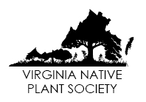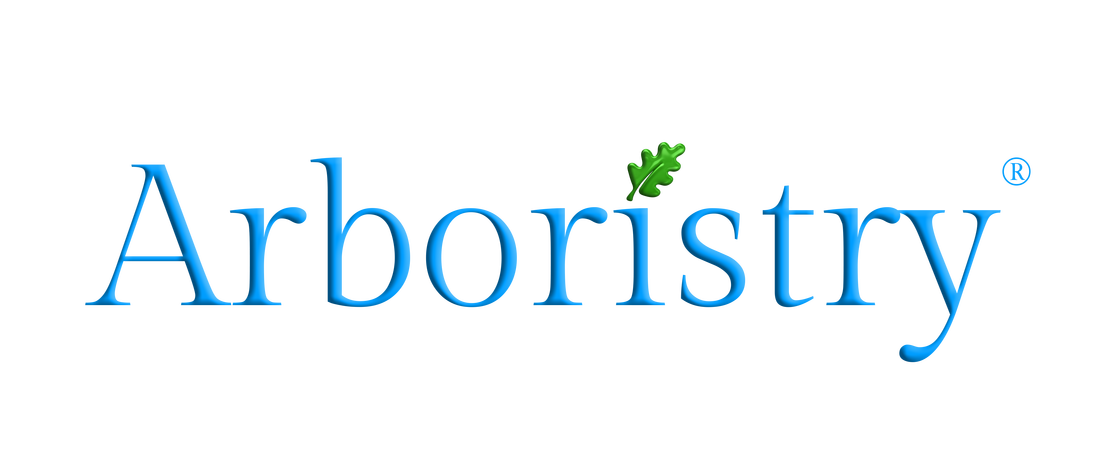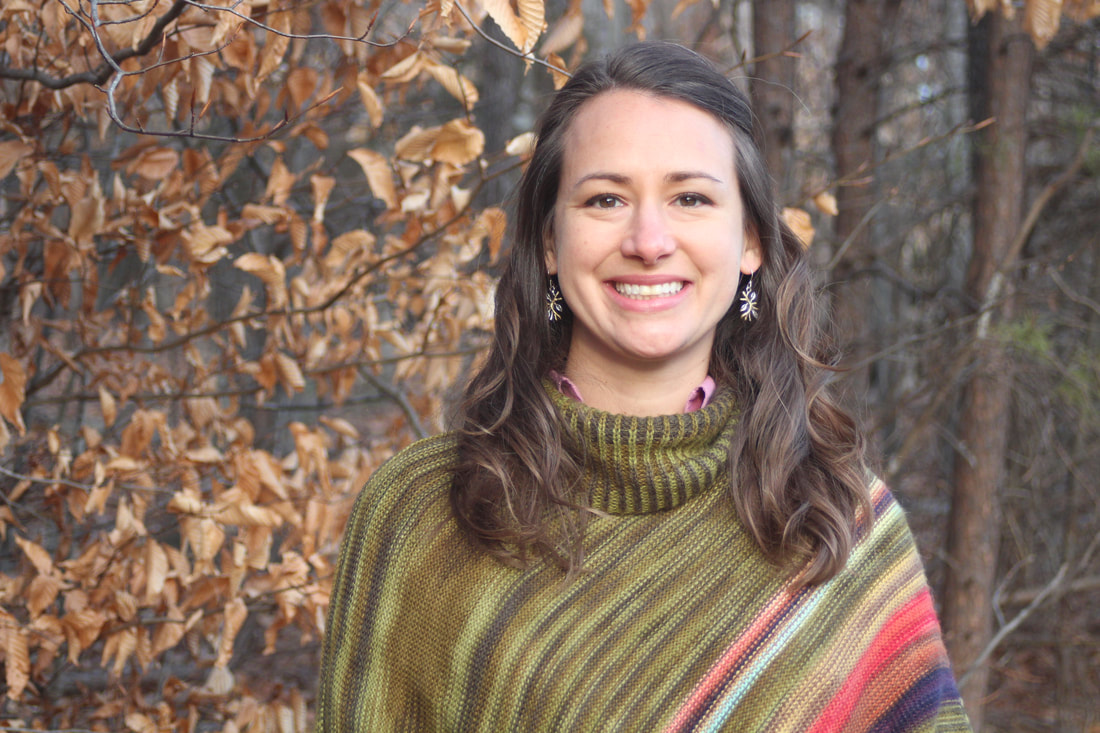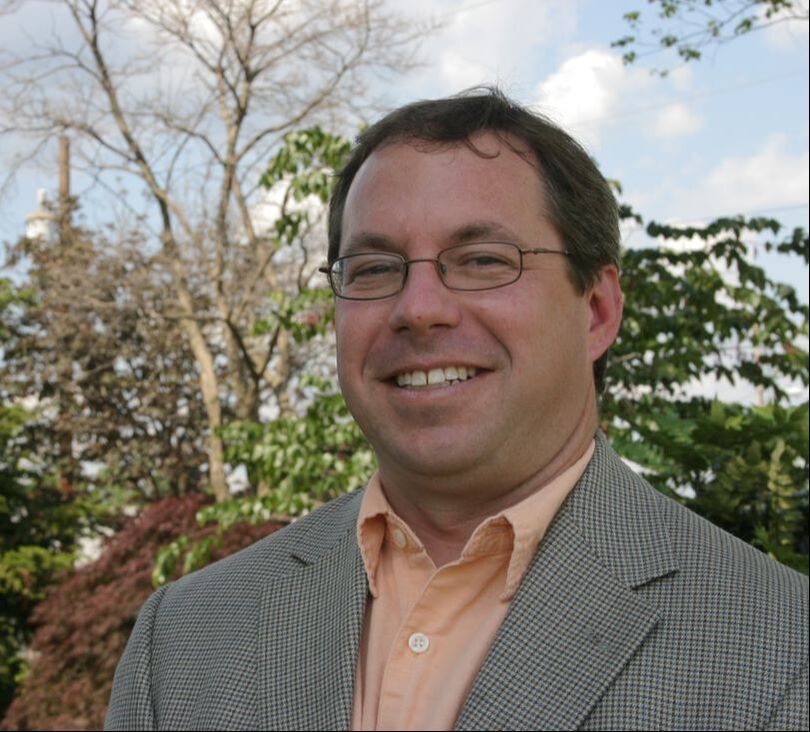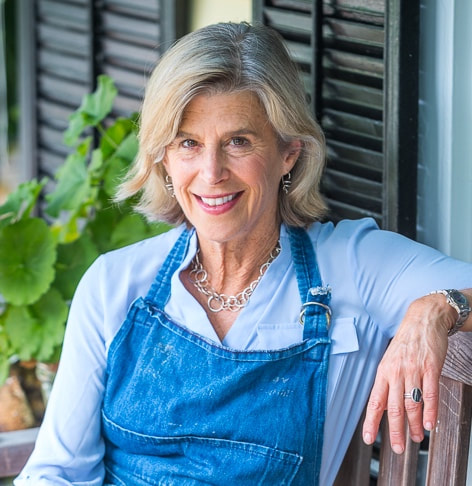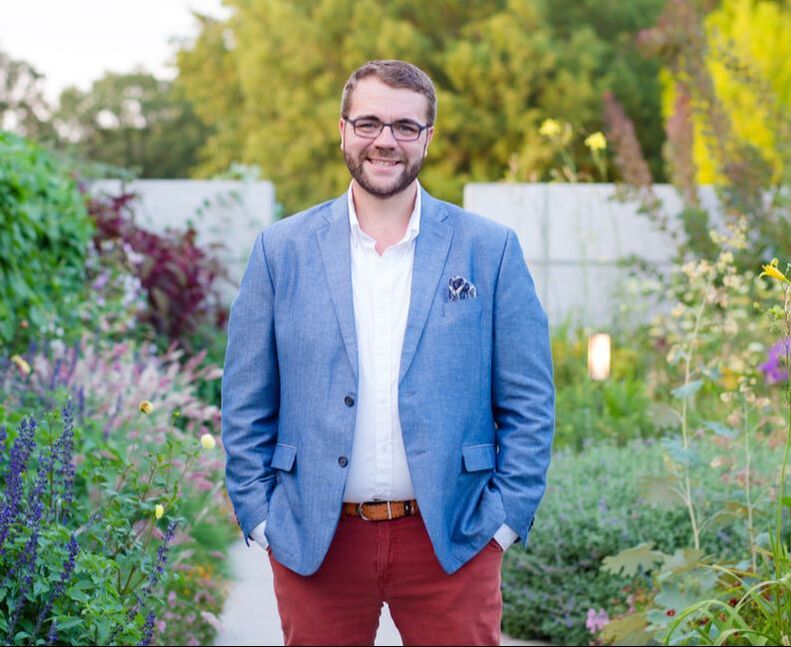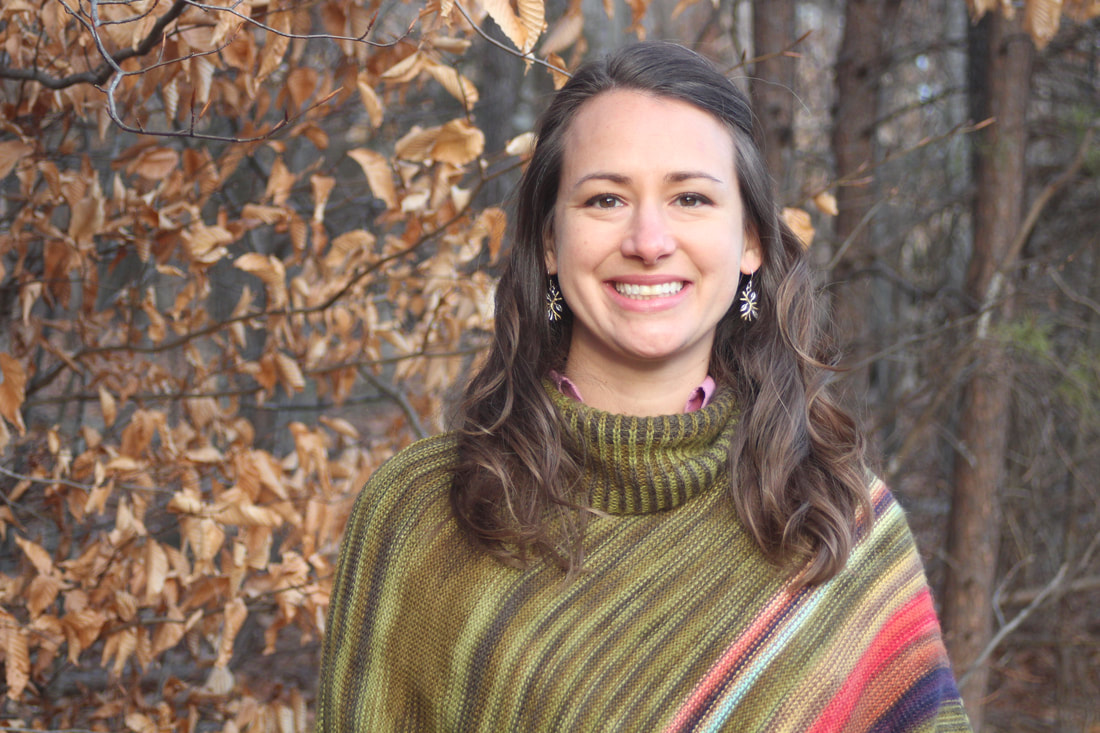photo credit: Bill Mauzy
Every February the Piedmont Landscape Association hosts an annual seminar. This event strives to bring gardening enthusiasts and landscape professionals together in an educational setting.
LocationJames Monroe's Highland
2050 James Monroe Parkway Charlottesville, VA 22902 RegistrationDue to the recent pandemic, this year's event will be held at a different location from the past. Participants are encouraged to buy their tickets in advance and as early as possible due to ticket availability as a result of the venue.
The PLA is committed along with James Monroe's Highland to providing a safe event. We are taking as many COVID-19 precautions as possible. Please note, that face mask are required when visiting the interior exhibit spaces. Hand sanitizer stations are found in the Museum, in front of the main restrooms, the event's restrooms and throughout the event. Buy TicketsAgain This YearWe will be using Merit at this year's seminar to streamline course check-ins and issue continuing education units. You will receive information on how to set up your Merit account and use the application once you register for the seminar.
For more information on Merit you can visit merits.com Items to Note
Want to Help Sponsor?To learn more and complete our commitment form, click here.
The deadline to be included in our the marketing material is September 1, 2021. |
Agenda
Rates
Consider becoming a Member Today! Click here for more information!
Platinum sponsorsGold sponsorsSilver sponsors |
Speakers
Catherine Bukowski
|
Ms. Bukowski is a researcher, author, educator and consultant on agroecological and community development projects through her business Kindred Roots Design. She first began to study community food forests as a PhD candidate in the College of Natural Resources and the Environment at Virginia Tech, where she also studied community leadership. Catherine has worked internationally and domestically in sustainable land use and natural resource management, agroforestry, permaculture and project planning to strengthen communities. In response to the gap in literature on urban food forestry, Catherine and her PhD advisor, John Munsell, translated her dissertation research into: The Community Food Forest Handbook: How to Plan, Organize, and Nurture Edible Gathering Places which was published by Chelsea Green Publishing in July 2018.
For more information, visit: CommunityFoodForest |
Lecture (Morning):
Community Food Forests: Growing Communities with Gathering Spaces Catherine will discuss the design and management of food forests in backyards and communities. Learn what benefits and resources a community food forest can add to your community, local food system, and landscape. Catherine will discuss best management practices based on her research for The Community Food Forest Handbook and show multiple examples of how such projects have transformed vacant lots, public parks, and other grounds. |
Mark Weathington
|
Mark Weathington is the Director of the JC Raulston Arboretum at NC State University. He earned undergraduate degrees in both Horticulture and Sociology and a master’s degree in Horticulture from VA Tech. He has served as Director of Horticulture for the Norfolk Botanical Garden and horticulturist for the Atlanta Botanic Garden.
Mark travels extensively searching for new plants to diversify the American landscape. His explorations have taken him to China, Taiwan, Japan, Ecuador, Europe, Mexico, New Zealand, and throughout the US. Mark writes and speaks on a variety of topics in horticulture. He is the author of Gardening in the South, The Complete Homeowner's Guide from Timber Press. He has been published in Horticulture, Carolina Gardener, American Nurseryman and VA Gardener magazines as well as The Mid-Atlantic Gardener’s Book of Lists. |
Lecture (Morning):
Life is too Short for Boring Plants: Infusing Living Architecture into the Garden Specimen plants are usually selected for their flowers and foliage but form is often overlooked. Plants with extraordinary architecture add year-round interest to the landscape and provide a sculptural element that transforms a good garden to a great one. Whether working with a plant’s natural form or imposing your will to create living walls and sculpture, this seminar will help you get the most impact from the plants in your garden. |
Ellen Ecker Ogden
|
Ellen Ecker Ogden is the author of six books on kitchen garden design, and is a speaker at botanical gardens and symposiums, as well as garden clubs throughout the US. She is a freelance writer and content strategist for garden catalogs and writes a blog at ellenogden.com.
Ogden is a graduate of Hobart and William Smith College, with a double degree in Fine Arts and Studio Arts, and studied with Marcella Hazan at the Marcella Hazan School of Classic Italian Cooking in Venice, Italy, and Darina Allen at the Ballymaloe School of Cookery in Shanagary, Ireland. Ellen has written and published articles that have appeared in national magazines including Garden Design, Better Homes and Gardens, Country Living, Organic Gardening, Eating Well, The Boston Globe, The Herb Companion, Vermont Magazine and Vermont Life. Her kitchen gardens have been featured in Victoria, Horticulture, Martha Stewart Living and Garden Design, as well as The New York Times and Country Gardens. For more information, visit: www.ellenogden.com |
Lecture (Afternoon):
The New Heirloom Garden A kitchen garden is much more than simply a place to grow food. The forgotten fruits of heirloom variety vegetables offer color, aroma, and exceptional flavors as well as an old-world charm that deepens one's connection to growing food. In this lecture, you will learn the process behind designing a European inspired potager or kitchen garden utilizing plants that hark back to an earlier era, with a modern twist. You’ll learn the difference between an heirloom and open-pollinated plant, and more about Aunt Molly’s Cape Gooseberry, Mortgage Lifter Tomato, and Gilfeather Turnip and other heirlooms with stories. |
Kelly Norris
|
Kelly D. Norris is an award-winning author and plantsman from Iowa and the director of horticulture and education at the Greater Des Moines Botanical Garden, a revitalized public garden in Des Moines, Iowa. Throughout his career, his work has been featured in The New York Times, Organic Gardening, Better Homes and Gardens, Martha Stewart Living, Garden Design and in numerous local and regional media appearances. In 2019, Kelly joined Cottage Farms Direct on QVC as a guest host.
At the Botanical Garden, Kelly is responsible for leading and directing a team of horticulturists and educators in all aspects of design, curation, programming, and garden management, after serving as the principal horticulture consultant to the $18 million renovation project completed in 2014. He’s passionate about promoting plants in all forms of media—print to digital—in hopes of planting the world a more beautiful, functional place. |
Lecture (Afternoon):
Planting for the Future: Lessons from Wild Plant Communities New Naturalism is all the rage in modern horticulture and for good reason: gardens inspired by natural systems promote authentic connections between land, environment and humanity. In this era of purposeful and thoughtful gardening, planting is a powerful verb. Gardeners can celebrate the experience of bringing nature closer to home through expressions of wildness and intentional consideration of how plants grow over time. In this lecture brimming with examples from public and private spaces around the world, plantsman Kelly Norris strives to inspire audiences with practical and inspiring ideas for planting the world a more beautiful, functional place. |





